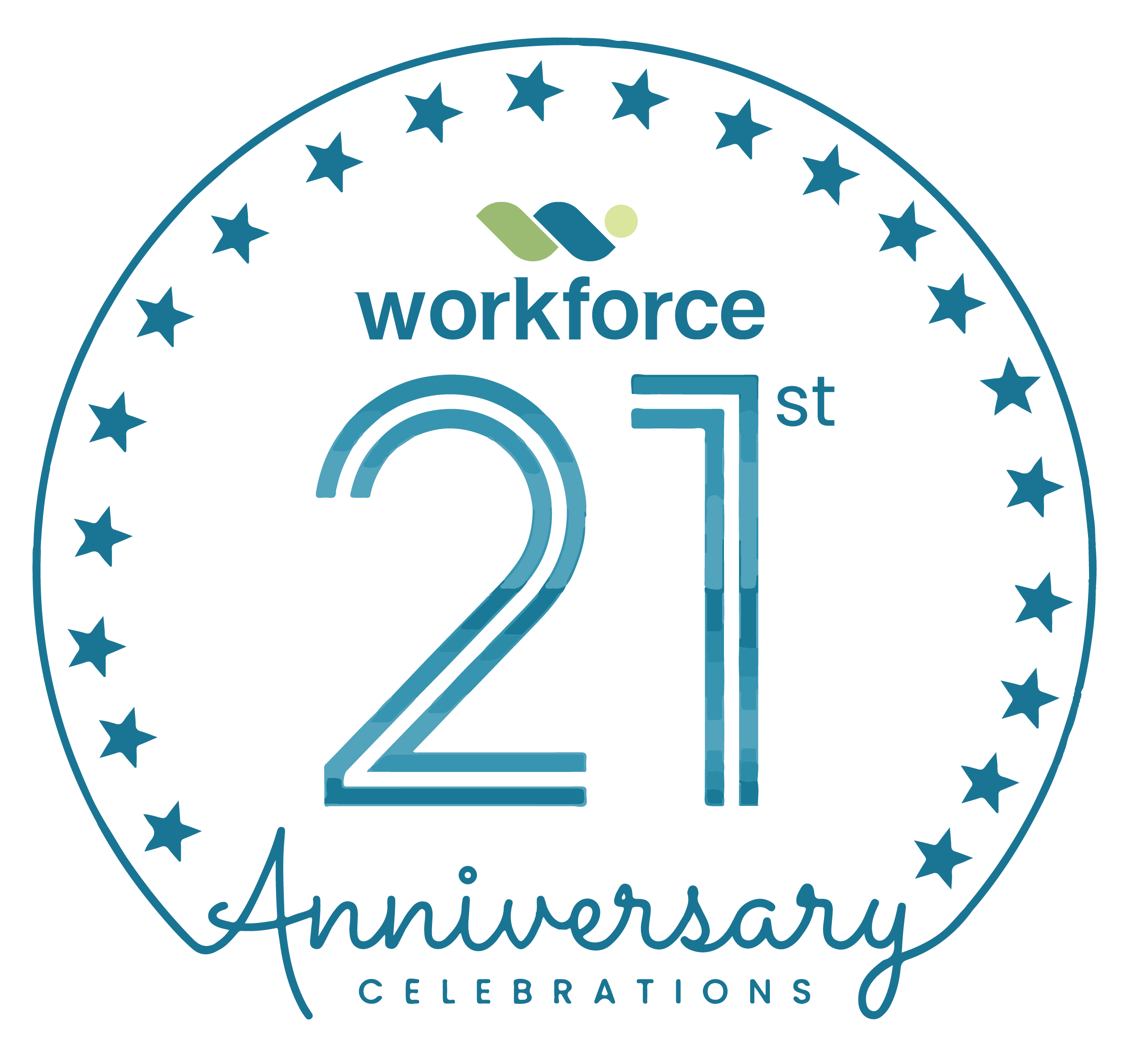The Covid-19 pandemic, which has shattered people’s lives in every possible way, has also not spared business and economics. As a result, individuals have lost their source of livelihood; students have been prevented from forging ahead with their education, and several sectors like hospitality and aviation now face declining patronage. Innovative and vibrant recruiting trends are having a significant impact on the recruitment process during this pandemic. The pandemic has heightened the need for and the importance of embracing digital innovations.
To succeed in the new world, businesses and individuals must have access to the enabling technology that facilitates work. The proliferation of technological innovation was evident before the pandemic; however, the rate of innovation has accelerated since its impact, and there is a promise of more to come.
The impact of the global pandemic has not spared human resource professionals and recruitment specialists. Hard copy resumes are no longer being accepted, and physical assessments are no longer encouraged. According to Outsourcing and Co., here are some of the new recruitment trends that should be implemented by organisations post-COVID-19.
Top 9 New Recruiting Trends to Follow in 2020
Going Digital in Recruitment and On-Boarding
Industries are rapidly moving to a high degree of digital reliance across all aspects of recruiting, selecting, on-boarding and even dismissal. Recruitment specialists have to follow the social distancing rules, and therefore companies are changing their entire recruitment strategy from traditional to digital channels. Companies are now employing the use of artificial intelligence systems that offer a virtual screening environment and interviewing experience rather than conducting in-person interviews.
Now that in-person meetings are off the table, work interviews are now conducted remotely over Zoom, Skype and other technology platforms, either by phone or by videoconference. According to Forbes, in addition to communication applications, companies also use other technology tools such as talent/applicant recruitment software and recording applications during the automated applicant screening process. These technologies are essential for tracking the progress of the screening process, especially in large corporations.
Reskilling and Upskilling of Current Employees
Firms have now consciously embarked on transferring / re-qualifying a few of their staff from one department to another. This activity decreases the need for new hires in the company and also eliminates additional financial pressure on the organisation’s shoulders.
Transferring or re-qualifying their staff from one department to another department helps the employer to understand the skill gaps of the employee versus their current job role and help in aligning their skills with the different learning platforms.
Contrary to most organisations engaging is retrenchment and cutting back on initiatives to improve the workforce, it is advisable for organisations to increase commitments to build a resilient workforce who can adapt in times of growing change.
Hire for Flexible Roles
There are long-term advantages of a more flexible workforce that would last beyond the COVID-19 crisis. Companies with flexible job roles are more equipped to deal with a crisis because of the diversification of teams. A more cross-generational organisation opens up the company to the strength, innovation, and agility of the younger generation and the experience and skills of the older generation.
A Remote Working Culture
Looking at the latest recruiting trends, Gartner found that post-COVID-19, 48% of workers are expected to operate remotely compared to 30% in pre-pandemic. 74% of CFOs plan to increase remote work in their organisation after the pandemic.
To be successful in a world of enhanced remote work, prospective employers give priority to digital dexterity and digital teamwork skills. Understanding how the context of remote work changes the management of performance, especially how goals are set and how workers are assessed are important skills to be learned by HR professionals.
Create Employment Branding
Every organisation has an employer brand (good or bad) whether they are consciously trying to mould it or not. Companies in the new world have a significant opportunity to build a positive employer brand.
“How you interact with your workers, how you educate them, how you develop your culture, will get out there and what you do as a business to keep employees safe, to keep them updated and make sure that their employment is taken care of will be talked about.” – Hubspot.
Employer branding is vital to the profit margin. Good employer brands can reduce turnover rates by 28 per cent and cut your hiring costs by half. Also, 75% of potential work applicants are likely to apply for a position if the employer effectively manages the employer brand.
Agility
Agility is the main reason why some companies are poised to overcome this crisis. Agile companies often use early insights, realign policies and procedures and prepare their employees to concentrate on customer problems.
Leaders of agile organisations adopt new methods and communicate decisively to the organisation, partner ecosystems and customers. This model is built on thoughtful planning that sets the game plan for a new execution template that did not exist before.
It further improves productivity and sustainability to proactively take advantage of the new opportunities, and create a significant impact on society to thrive.
Jobs for Those with Higher EI
In difficult times like this, employers hire candidates who have higher emotional intelligence than others. This is because they are nimble and adapt quickly to the constantly changing business landscape within and outside the organisation.
Employees with higher EQ tend to communicate a lot better with team members making the team more productive and efficient. Employers are recruiting high-EI candidates so they remain confident of a resilient workforce who can wax strong in the face of a global crisis like Covid-19.
Increased Demand for Tech Skills

It is self-evident, the need for tech skills in a world of digital reliance. Jobs in these areas are innumerable with enviable remuneration. Companies in educational technology are in a race to develop short-fix learning solutions while students are stuck at home, communication companies are improving their service offerings, and even social media companies have expanded their services to adjacent industries. Tech is set for a demand-supply gap, and tech talents are winning in this rush.
Recommended Post: 11 Skills You Should Look Out for When Hiring tech Talents
Severe Job Loss
One of the biggest trends in recruiting yet has seen massive job losses globally. The lockdown has seen companies filing for bankruptcy and shutting down operations, thereby leaving millions of people without jobs.
This has caused a simultaneous supply and demand shock that has crippled global logistics and manufacturing networks. All these have led to massive, unprecedented job losses, the magnitude which has never before witnessed. Zoom dismissals, pink e-mail slips, even good-byes via WhatsApp has become standard practice.
Conclusion
Organisations have to choose whether to return to the pre-COVID world, which is simply an enhanced version of yesterday or create a stable organisation of progression, productivity and profitability. The risk is more than that of falling behind — it’s the likelihood of never catching up to the new normal.
Despite the uncertain realities of the COVID era, organisations have to be quick in decision making to mitigate the risk of being left behind with little or no growth opportunities. Outsourcing and Co. are ahead of the recruiting trends, and they help organisations in several industries with sourcing and recruiting top talents who have high agility and EI skills needed to execute on strategy and consistently achieve business goals.
In an increasingly dynamic and competitive marketplace and economy, finding and recruiting talent with the right skill set can be extremely difficult and time-consuming. Let us help your organisation hire right by partnering with them through the entire talent acquisition process, from sourcing, through selecting and finally, on-boarding the right candidates.
Schedule a consultation today.




